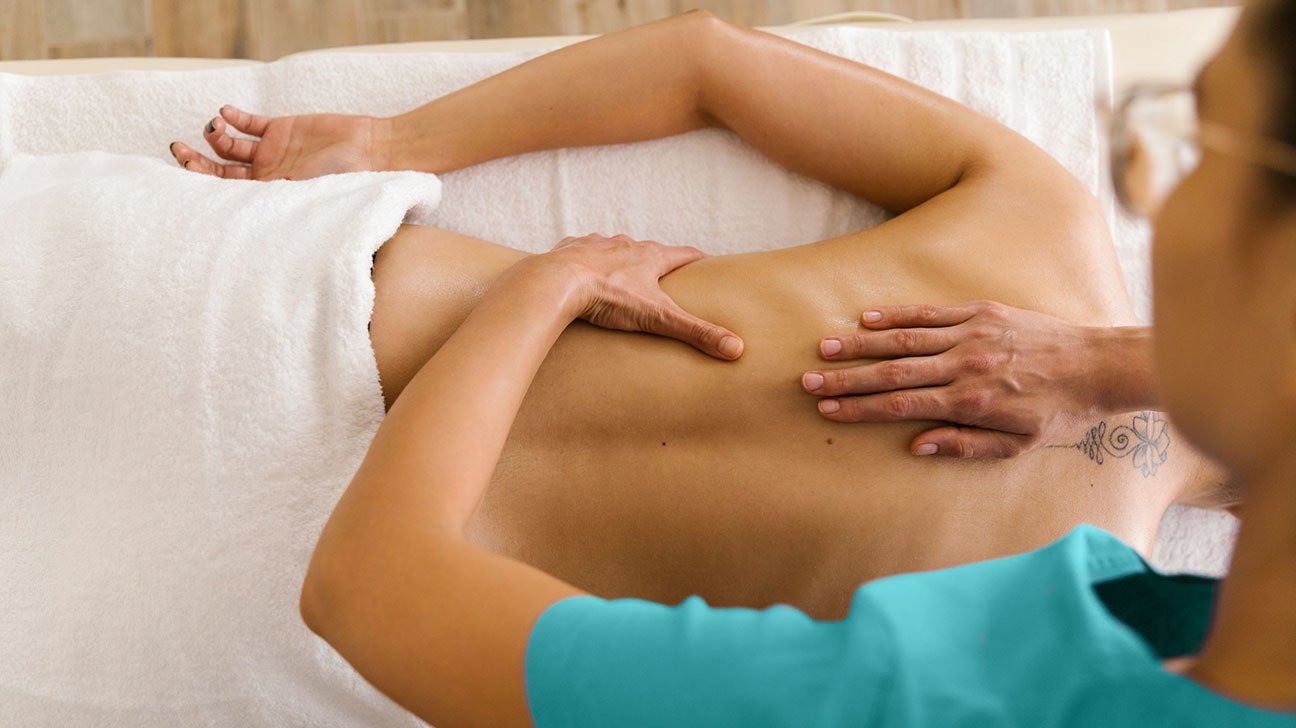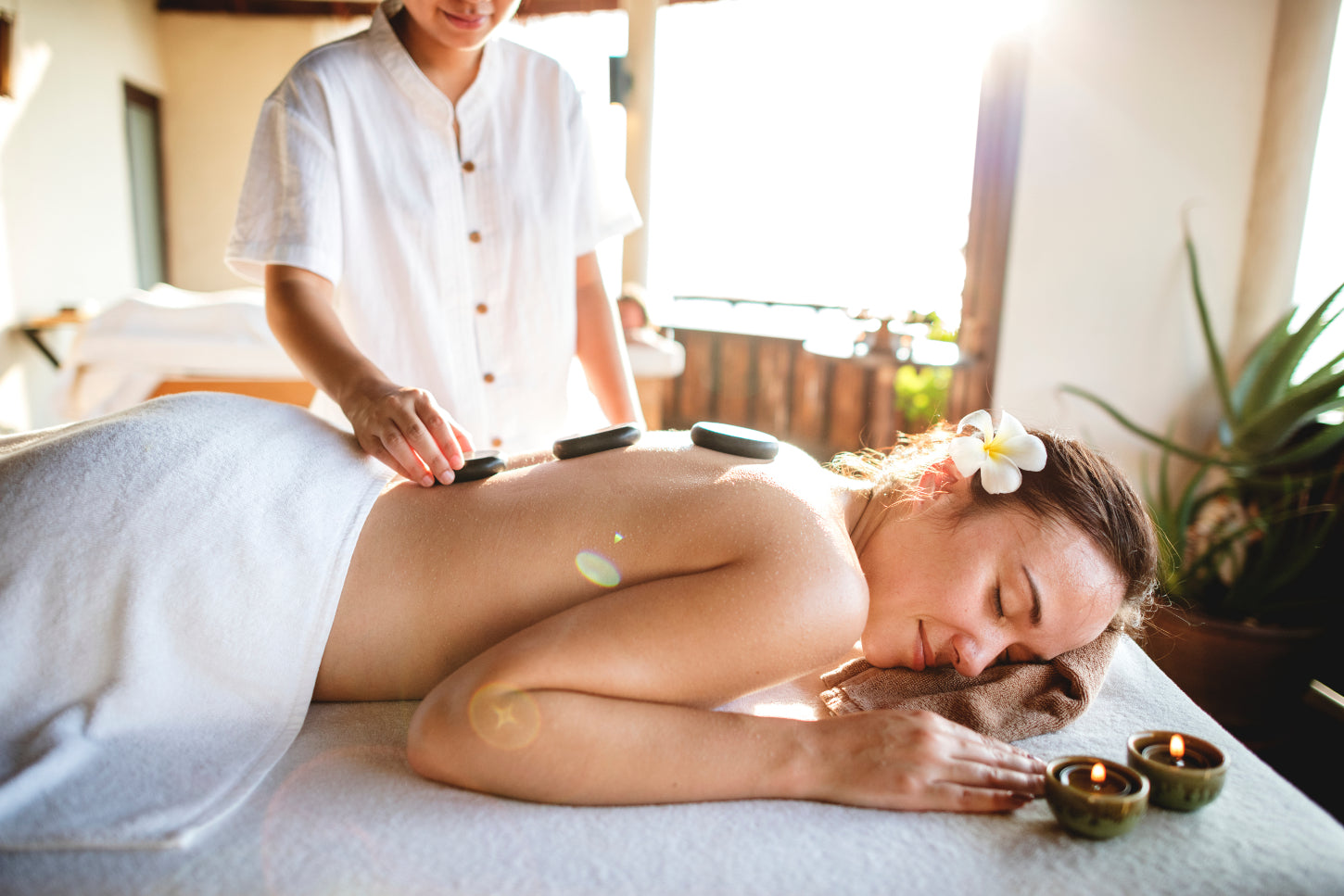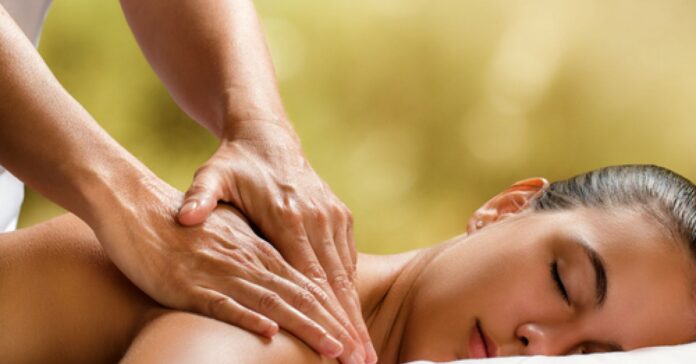Anxiety has become an all-too-familiar companion in our fast-paced, hyper-connected world. The relentless demands of daily life often leave individuals feeling overwhelmed, leading to a search for effective coping strategies. Among a myriad of approaches, massage therapy emerges as a soothing remedy, attracting interest for its potential to ease tension and foster a sense of calm.
But can a simple touch truly hold the power to diminish anxiety levels? This article delves into the intricate relationship between massage and mental well-being, exploring the science behind its calming effects, and uncovering stories that highlight the transformative potential of this age-old practice.
Through the fusion of relaxation and restorative energy, massage may not just be a luxury, but a viable pathway to a more serene existence.
Introduction to Anxiety and Its Effects

Anxiety is a complex emotional state characterized by feelings of worry, fear, and apprehension that can significantly disrupt daily life. It manifests in various forms, from the occasional jitters before a big presentation to pervasive disorders that can overshadow a person’s existence.
The physical effects are equally poignant; rapid heartbeat, shallow breathing, and muscle tension often accompany these feelings, creating a vicious cycle that can lead to chronic stress. As anxiety consumes mental resources, it often leads to a diminished quality of life, affecting relationships, work performance, and overall well-being.
Amidst the quest for effective coping strategies, alternative therapies, such as massage, have garnered attention for their potential to alleviate these burdens and promote a sense of relaxation and calm. Understanding the interplay between anxiety and physical well-being is crucial; it opens the door to holistic approaches that may offer significant relief.
Understanding Massage Therapy: An Overview

Massage therapy, a holistic practice that has roots in ancient healing traditions, encompasses a variety of techniques aimed at promoting physical and mental well-being. At its core, massage involves the manipulation of soft tissues, including muscles, tendons, and ligaments, to alleviate tension and enhance relaxation.
Beyond mere physical relief, many individuals are drawn to massage therapy for its potential to address emotional wellness, particularly in managing anxiety. Through the gentle application of pressure and rhythmic movements, massage can stimulate the release of endorphins, the body’s natural mood elevators, creating a cascade of soothing sensations that combat stress.
Furthermore, the tranquil environment of a massage session provides a sanctuary from the often chaotic pace of modern life, allowing individuals to reconnect with their bodies and minds, and fostering an overall sense of calm. As we delve deeper into the relationship between massage therapy and anxiety reduction, it’s essential to explore how these therapeutic touch techniques can transform not only the body but also the emotional landscape.
The Connection Between Touch and Mental Health

The connection between touch and mental health is profound and intricately woven into the very fabric of our being. From the gentle caress of a loved one to the skilled hands of a therapist, tactile experiences can evoke a spectrum of emotions and physiological responses.
Research indicates that meaningful touch triggers the release of oxytocin—often dubbed the cuddle hormone\u2014which plays a crucial role in reducing stress and promoting feelings of safety and connectedness. This bond between touch and mental well-being underscores the importance of physical interaction in navigating the often turbulent waters of anxiety and depression.
Moreover, it’s not just personal relationships that hold this power; professional therapies, like massage, offer structured and intentional forms of touch that can create a sanctuary of calm in a chaotic world. The unique blend of sensory experiences and emotional resonance found in these interactions fosters serenity, enabling individuals to find solace amid life’s challenges.
Conclusion
In conclusion, the evidence suggests that massage therapy can be an effective tool for reducing anxiety levels, offering a holistic approach to mental well-being. By promoting relaxation, enhancing mood, and facilitating a sense of connection, massage serves as a valuable complement to traditional anxiety management techniques.
Whether through a soothing session at a local spa or a specialized treatment like 경주마사지, individuals seeking relief from stress and anxiety can find significant benefits in incorporating massage into their self-care routines. As we continue to explore innovative methods for mental health support, it is essential to recognize the profound impact that such tactile therapies can have in fostering a more balanced and serene state of mind.











